I have installed the gcc compiler from this sudo apt-get install build-essential command
and my program code is
#include<stdio.h>
main()
{
int *b;
b = (int*)malloc(10*sizeof(int));
printf("b=%u\n\n",b);
printf("b+1=%u\n\n",(b+1));
printf("b+2=%u\n\n",(b+2));
b[2]=4;
printf("*(b+2)=%d\n\n",*(b+2));
}
when i try to compile this program from cc -c program.c command
then i get some error
